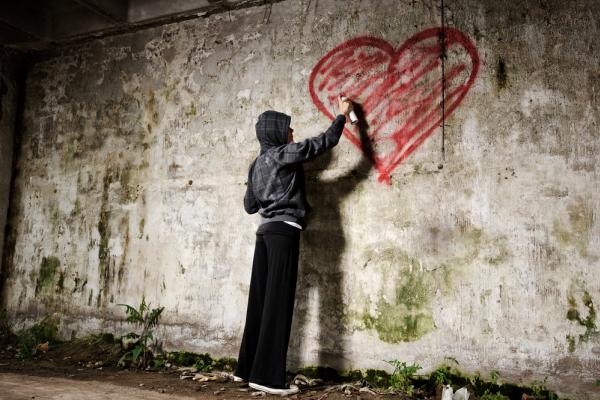Apr 26, 2012
I had a stew of emotions when I read about an activist group in Portland calling itself the “Angry Queers” vandalizing a satellite church of Mark Driscoll’s Mars Hill network. Neighbors in the area reported seeing a handful of young people in black masks smashing stained glass windows and damaging other property on the church campus early Tuesday morning. A group called the “Angry Queers” sent a letter to a local news affiliate taking responsibility for the damage.
I get the anger. I feel that anger when I read things that pastors like Mark Driscoll say about the LGBT community. It’s wrong and it should be confronted publicly.
But please, for the love of God and one another, not like this.
Read the Full Article

Already a subscriber? Login
